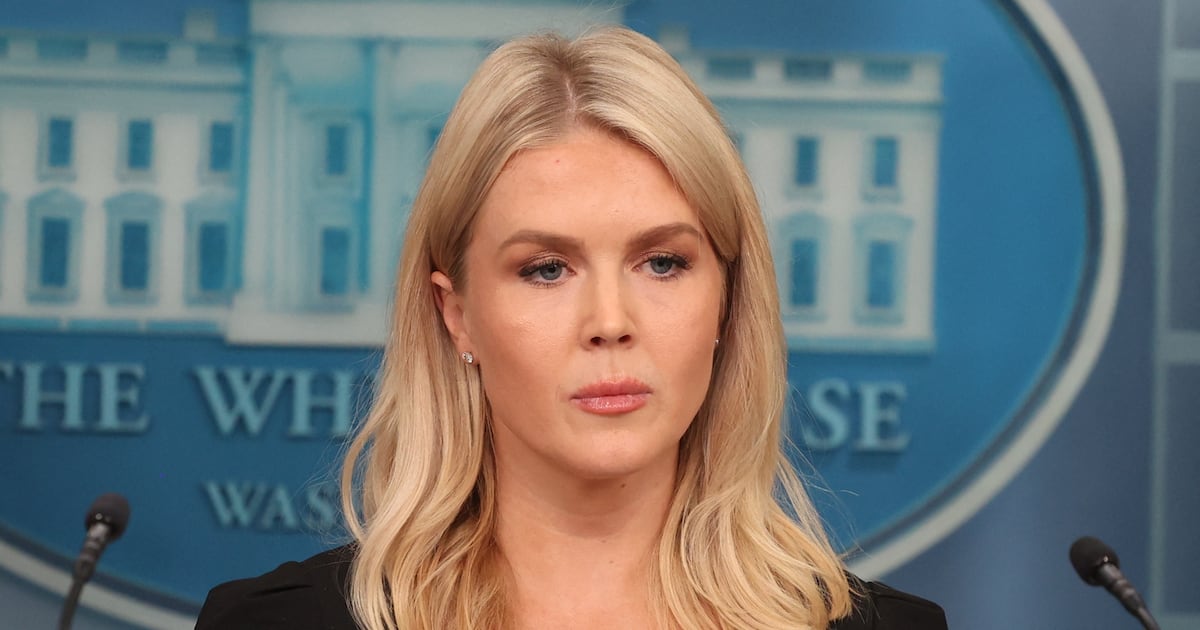
The president went to win the Olympics for America. And did not bring home the gold. How did the White House get itself into this Olympic-size mess?
To hear Obama insiders discuss it, the president was just too competitive not to make the trip. "Whether we tried or not, we owned it," said one senior White House aide. "But you know how competitive he is. If we got a shot, he wanted to take it. The Chicago folks definitely made it known that they wanted him to come. But the decision was his. He felt if he could go and make the case and promote the country and Chicago, he was going to do it."
“While I don’t think Obama’s trip to Copenhagen was a great idea, it’s hardly the first time a president has used political capital unwisely and in vain,” said Alan Brinkley of Columbia University.
The process began with the creation of the White House office of Olympic, Paralympic and Youth Sport in February. The office has a broader brief than winning the Olympic bid for Chicago; its stated goal is to promote Olympic values and promote youth participation in athletics. But its most important mission—spurred by several people with strong ties to senior White House staff—was to ensure that the U.S. put the same kind of high-level political muscle behind the American bid for the Games that other countries around the world did.
That support found its strongest voice in Valerie Jarrett, who heads the White House Olympic office, and is both a close friend to the Obamas and the president's senior adviser. Jarrett had once worked for Mayor Daley in Chicago, and recruited Michelle Obama to work alongside her there. So it made perfect sense in the original plan for the first lady and Jarrett to represent the White House in Copenhagen.
• The Daily Beast’s Ana Marie Cox: Chicago Dodged a Bullet
As the president said just two weeks ago on the South Lawn of the White House, “I would make the case in Copenhagen personally, if I weren't so firmly committed to making real the promise of quality, affordable health care for every American. But the good news is I'm sending a more compelling superstar to represent the city and country we love, and that is our first lady, Michelle Obama.”
Within a week, that position was beginning to change as Mayor Daley pressed his case for a presidential pitch, which would put the country’s leader alongside his global counterparts. But according to White House officials, there were two factors even more important than the influence of Daley: The White House was already engaged, and the president himself liked the sporting challenge.
Game over, home team lost: The U.S. won just 18 votes in the first round of IOC voting, and was knocked out in the first round. And suddenly the president was being pummeled by the right for a frivolous use of political capital—especially in the Weekly Standard, which not only blasted Obama for his failure, but anticipated that the mainstream press corps would not take the defeat seriously. “The media is faced with three facts as a result of Obama’s embarrassing failure in Copenhagen. 1) The failure itself. 2) The incompetence. 3) The lack of persuasive ability. There’s nothing ideological about any of these items,” wrote Fred Barnes.
There’s no question that in the short run, the failed trip to Denmark represents a failure for the president—at a time when his approval ratings have fallen, his policy on Afghanistan is uncertain, and the prospects for health care are unclear. The question is how long will the sting hurt him. An informal Friday afternoon Daily Beast survey of historians suggests that this may well prove to be a blip. “While I don't think Obama's trip to Copenhagen was a great idea, it's hardly the first time a president has used political capital unwisely and in vain,” said Alan Brinkley of Columbia University, who cited George W. Bush’s attempt to privatize Social Security as a similarly quixotic mission. But Brinkley says the president may not have had much of a choice. “I think Obama was worried that he would be blamed if he didn't go and Chicago lost. It was pretty much a no-win for him unless Chicago won.”
It might be a blip. Then again, momentum is everything in politics. Obama made strides in his nuclear talks with Iran in Geneva this week—an issue far more important, in the grand scheme of things, than whether the U.S. will host yet another Olympic Games. But the Olympics make for easier political shorthand—and the critics’ complaints are sure to register with the public.
Speaking back in the Rose Garden after the vote, the president made it clear he was both a good sport, and looking for revenge. "One of the things that I think is most valuable about sports is that you can play a great game and still not win," he said, before recounting his conversation with his victor, President Lula de Silva of Brazil. "I had a chance to talk to President Lula and gave him a hearty congratulations and told him that our athletes will see him on the field of competition in 2016."
Richard Wolffe is a Daily Beast columnist and an award-winning journalist, and senior strategist at Public Strategies. He covered the entire length of Barack Obama's presidential campaign for Newsweek magazine. His book, Renegade: The Making of a President, was published by Crown in June.






